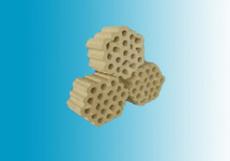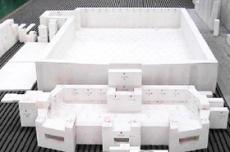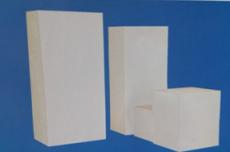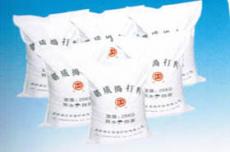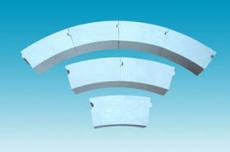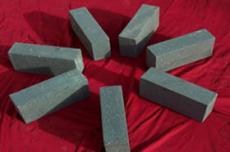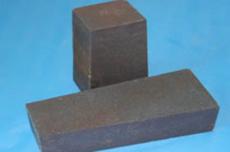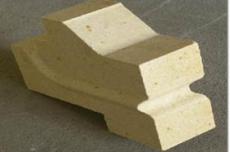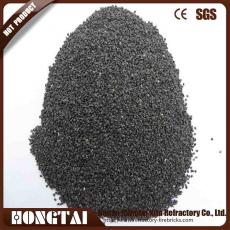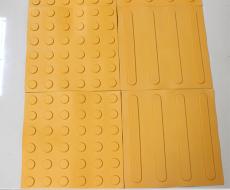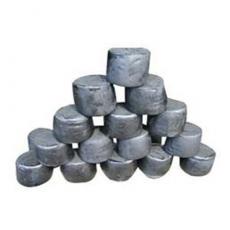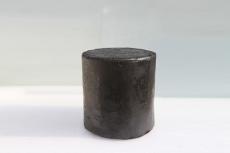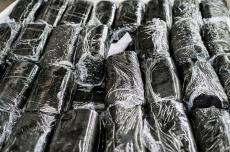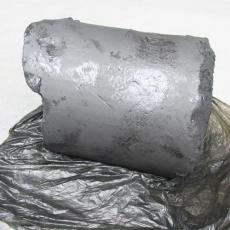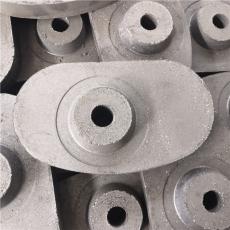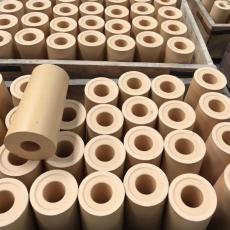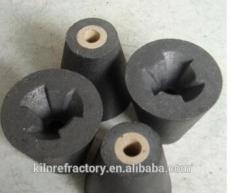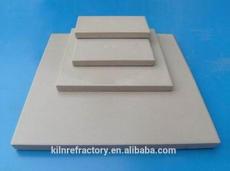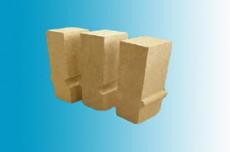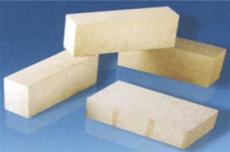
As two important refractory fiber materials, zirconia fiber and aluminum silicate fiber each have their own unique advantages and disadvantages. The following is a detailed comparison of the two fibers:
Advantages of zirconia fiber
01Excellent high-temperature stability: The melting point of zirconium oxide (ZrO2) is as high as 2715℃, which enables zirconia fiber to maintain structural integrity and stable performance in extremely high temperature environments. The maximum operating temperature can reach 2200℃, and even at a high temperature of 2500℃, the fiber shape can still be maintained unchanged, which is suitable for long-term use in ultra-high temperature oxidizing atmospheres.
02Excellent thermal insulation performance: Zirconia fiber has the lowest thermal conductivity among all metal oxides, so it has excellent thermal insulation performance and can effectively reduce energy loss.
03Excellent corrosion resistance: Zirconia fiber's acid and alkali corrosion resistance is much stronger than that of alumina (Al2O3) and aluminum silicate (SiO2), and it can remain stable in a variety of corrosive media.
04Good thermal shock resistance: Zirconia fiber improves the thermal shock resistance of the material by adding stabilizers (such as Y2O3) and can remain stable in an environment with rapid temperature changes.
05Environmentally friendly and pollution-free: Zirconia fiber is not easy to volatilize at high temperatures, and its chemical properties are stable, so it will not pollute the surrounding environment
Disadvantages of zirconia fiber
01Volume expansion caused by phase change: In humid air, due to the induction of water vapor, zirconia may undergo phase change, resulting in volume expansion and cracks, affecting its strength and stability.
02High oxygen ion permeability: Zirconia has high oxygen ion permeability, which may lead to relatively low resistance to oxygen corrosion, and long-term use at high temperatures may cause the material to become more brittle.
03High cost: Compared with aluminum silicate fiber, the preparation process of zirconia fiber is more complicated and the raw material cost is higher, which limits its promotion in some application scenarios with strict cost requirements.
Advantages of aluminum silicate fiber
01Low cost: The preparation process of aluminum silicate fiber is relatively simple and the raw material cost is low, so it has an advantage in price.
02 High temperature resistance and good thermal stability: Aluminum silicate fiber can maintain stable performance in high temperature environment, and the refractory temperature can reach 1000~1400℃.
03 Lightweight and good elasticity: Aluminum silicate fiber has the characteristics of light weight and good elasticity, and is suitable for a variety of application scenarios that require lightweight and elastic materials.
04 Good thermal insulation performance: Aluminum silicate fiber has a low thermal conductivity, which can effectively isolate the transfer of heat and reduce energy loss.
Disadvantages of aluminum silicate fiber
01 Poor heat resistance: Aluminum silicate fiber has a low melting point, which will reduce its mechanical properties and chemical stability in high temperature environment.
02 Easy to damage: Aluminum silicate fiber is a brittle material that is easily damaged by mechanical force and abrasion, affecting its service life and performance.
03 Easy to absorb moisture: Aluminum silicate fiber is easy to absorb moisture, especially in a humid environment. Moisture absorption will increase its looseness and rough surface, thereby affecting its mechanical properties and chemical stability.
Zirconia fiber and aluminum silicate fiber each have their own unique advantages and disadvantages. When selecting materials, you need to weigh and choose according to the specific application scenarios and needs.
